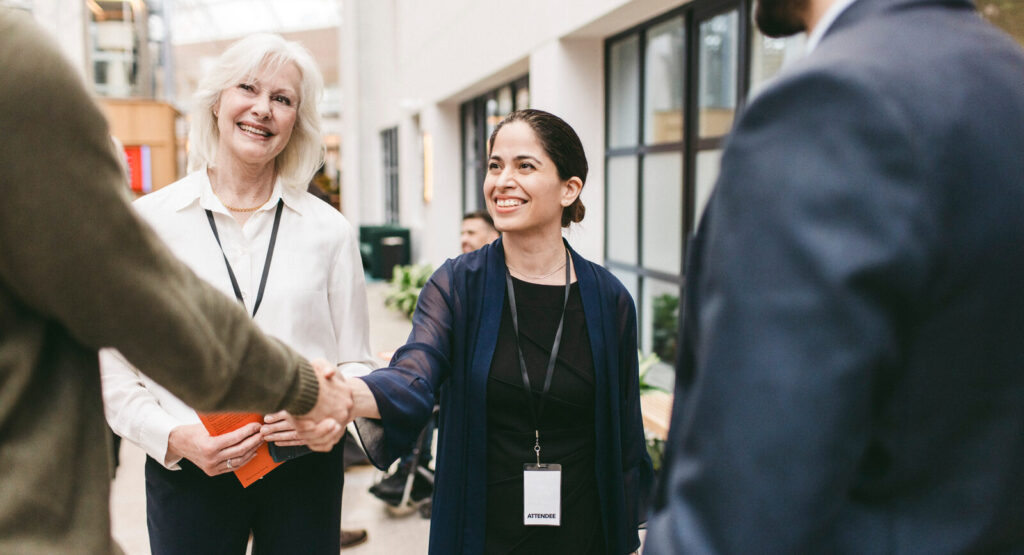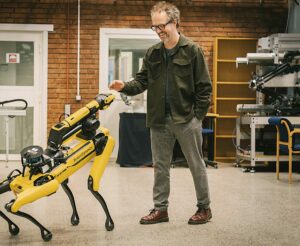
Welcome to the UIIN Conference 2026
On 15–17 June 2026, the UIIN Conference will take place in Stockholm – a global conference focused o...
Read more

New opportunity to apply
for funding for strategic recruitments


On 15–17 June 2026, the UIIN Conference will take place in Stockholm – a global conference focused o...
Read more

The Knowledge Foundation is funding three projects within the new programme Capacity building. Throu...
Read more
What Does Co-Production Mean?
Co-production forms the basis of Knowledge Foundation’s operation and is an inherent element in the projects, the research and the educational environments that we fund. Co-production means that the projects we fund must be designed and implemented in close collaboration between academia and the business sector.
Why co-produce?
Co-production gives researchers and business actors an insight into and an understanding of each other’s needs. This also provides better conditions for research to be implemented and contribute to innovation, development, and renewal.

Johan Eker is the adjunct professor who became a “real” professor in an environment based on close c...
Read more

Emma Björkenstam practises what she preaches. As an area manager at ByggDialog, her work involves en...
Read more
Strategic recruitments of international guest researchers or appointmens of adjunct professors or senior lecturers.
All Programmes Contribute
Our programmes are aimed at enabling environments to establish and maintain a strong, long-term, national and international scientific or artistic position which also contributes to the profiling of the higher education institution. This enables the environment to also become a valuable long-term partner for the business sector.
What Is a Strong Environment?
A strong environment is one that has the capacity to develop its research and education in collaboration with the business sector, and takes a long-term, strategic approach to its development. Prioritisation and a shared, embedded ambition are crucial to establishing a strong scientific position and profile with high business sector and societal relevance.

Since our establishment in 1994, the Knowledge Foundation has distributed over SEK 12.5 billion for research and competence development.

In 2024, a total of 309 projects were ongoing with funding from the Knowledge Foundation.

In the projects that were granted funding by the Knowledge Foundation in 2024, a total of 114 companies were involved as co-financers.